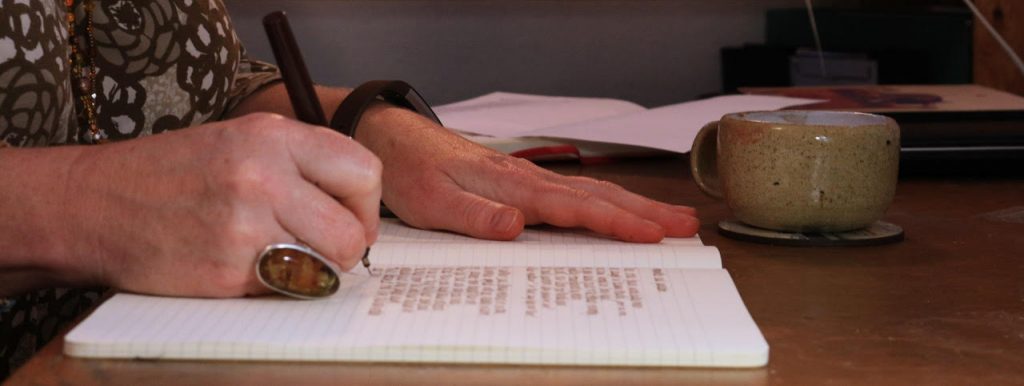It’s a time of year when, in the West at least, we’re surrounded by images of families: usually shiny-haired and smiling ones, deployed in warm-jumpered rows on bouncy new sofas (“delivered in time for Christmas”) and sharing some ecstatic experience of shopping, gaming or no ordinary food. But it’s a poem about the ordinary extraordinariness of love which has been very much in my mind, in the last week or so, and not just because it’s cold. Here it is: Robert Hayden’s ‘Those Winter Sundays‘. (You can hear the poet himself read it here.)
Even the title is quietly brilliant. Calling it ‘Those Winter Sundays’, rather than just winter Sundays, or Sundays in winter, or any other variation, sets up one of the central ideas of the poem: that love inheres in the small, repeated, everyday acts of care (which we can fail to value—those ‘offices’ so easily overlooked, especially by a child). This idea is immediately echoed in ‘Sundays too‘; while the wonderful image of ‘the cold splintering, breaking’—we hear the flames’ hungry consuming of kindling, the crack of thawing ice—lays a deftly understated emphasis on the fact that the Sunday task is being done by hands ‘that ached from labor in the weekday weather’. Love’s labours are so often without respite, as well as without thanks. No weekends off here: this is a full-time job with a lot of unpaid overtime.
‘My good shoes’ is a moment of heartbreaking intimacy (“put your good shoes on for church, Rob”), as is the image of the Dad calling the children to dress only when the rooms are warm enough to be bearable. But, beautiful as all this is, what I really love about this poem is its fidelity to the complexity of love and relationship within families. There’s nothing straightforward or saccharine here. The pain and remorse of knowing that ‘[n]o one ever thanked him’; that the poet ‘[spoke] indifferently to him’; that he was so ignorant of ‘love’s austere and lonely offices’: all this co-exists with the acknowledgement that the younger self lived in ‘[fear of] the chronic angers of that house’. The father—and it’s father, not Dad or Daddy—is only named once, and there’s something about the repetitions of ‘he… him… he’ which convey a sense of the power of his presence (“He’s in a Mood today”). This acknowledgement of the ‘chronic angers’ and fear is as understated as the rest of the poem, and as quietly impactful; and there is a degree of self-compassion in the adult’s acknowledgement of the child’s fear which does something to offset the self-reproach of ‘What did I know, what did I know’. That repetition is so nicely judged, so powerful. You can see the rueful, grief-stricken slow shake of the head, and feel the agony of too-late-now powerlessness. And that exquisitely beautiful phrase ‘love’s austere and lonely offices’ has religious resonance, Divine Office being the regular, repeated acts of worship as laid down in the Catholic Breviary. It recognises that the everyday can be sanctified by love.
But although the adult is acknowledging what the child could not see—could only feel, perhaps—this doesn’t change the past or the complexity of feelings both in the past and in the present. The poem cannot resolve, as the feelings cannot: the closing, rhetorical question is left hanging in the air. Particularly at this time of year, I want to remember that this, too, is family. Love. Kindness and joy and fear and anger and heartbreak and damage and grief. The whole damn boiling.
